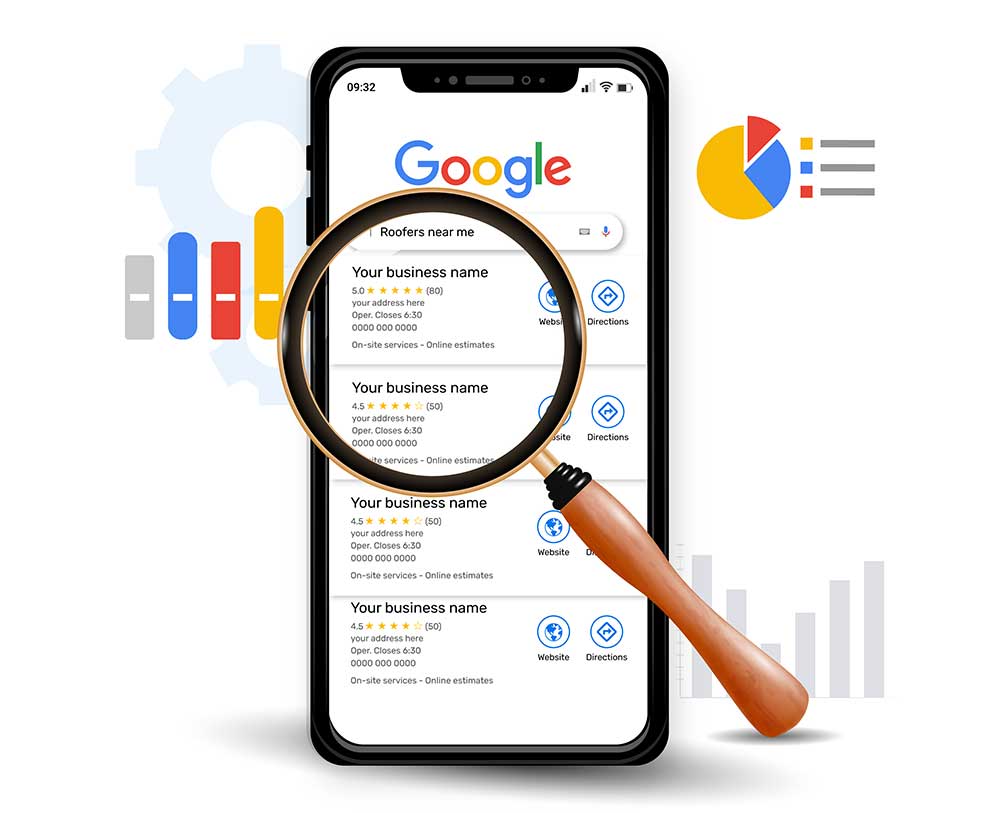One of the most effective ways to achieve this is through Search Engine Optimization (SEO). SEO is not just a luxury; it has become a necessity for anyone looking to enhance their visibility on the web. This article delves into the significance of SEO, the impact it has on Google rankings, and how to optimize your website effectively.
Understanding SEO and Its Importance
Search Engine Optimization (SEO) refers to the process of improving a website’s visibility on search engines like Google. The higher a website ranks in search engine results pages (SERPs), the more likely it is to receive organic traffic. Organic traffic is essential as it consists of users who find your site through unpaid search results, making it a cost-effective way to attract visitors.

1. Increased Visibility: High rankings on search engines lead to more visibility and awareness for your brand.
2. Enhanced User Experience: SEO practices improve the usability of your website, leading to a better experience for visitors.
3. Cost-Effective Marketing: Compared to traditional advertising methods, SEO offers a higher return on investment since it targets users actively searching for your services or products.
4. Credibility and Trust. Top positions on search engines are often perceived as a mark of credibility, encouraging users to trust your brand.
5. Competitive Advantage: Implementing SEO strategies can help you stay ahead of competitors who may not prioritize search optimization.

To effectively improve your website’s Google ranking, it’s crucial to focus on the following elements:
1. Keyword Research: Identify relevant keywords that your target audience is searching for. Use tools like Google Keyword Planner to find high-traffic keywords with manageable competition.
2. On-Page SEO:
– Meta Tags: Craft compelling title tags and meta descriptions that include your target keywords.
– Content Quality: Ensure your content is informative, engaging, and provides value to the reader. Aim for a mix of short and long articles to cater to different reader preferences.
– URL Structure: Use clear and descriptive URLs that reflect the content of the page.
3. Mobile-Friendly Design: With the increasing use of mobile devices, ensure your website is responsive and offers a seamless experience across all devices.
4. Site Speed: Optimize images and leverage browser caching to make sure your site loads quickly, as page speed is a ranking factor.
5. Secure Site (HTTPS): Using HTTPS not only secures your website but also boosts your rankings since Google favors secure sites.
The Role of Internal and External Links
Internal Linking Strategies
Improved Navigation
Internal links help users navigate your site more easily, enhancing their experience.
Distributing Page Authority
They help distribute page authority and can improve the ranking potential of individual pages.
Increased Crawling Efficiency
Search engine bots can crawl your site more effectively with a good internal linking structure, helping them discover new content.
External Links and Their Importance
External links, or backlinks, are essential for establishing authority and credibility. Here’s why they matter:
1. Boosting Authority: Quality backlinks from reputable sites signal to Google that your content is valuable, improving your rankings.
2. Referral Traffic: Backlinks can drive referral traffic from other websites to yours, increasing your audience reach.
3. Building Relationships: Engaging with other sites for backlinks can lead to collaborations and partnerships, further enhancing your online presence.


Driving Organic Traffic
To ensure a steady flow of organic traffic, consider these strategies:
1. Consistent Quality Content Production: Regularly publish high-quality, relevant content that answers users’ queries and provides value.
2. Utilizing Social Media: Promote your content across social media platforms to reach a wider audience and drive traffic back to your website.
3. Monitoring and Adjusting: Use tools like Google Analytics to track your traffic and understand user behavior. Adjust your strategies based on data-driven insights for ongoing improvement.
Search Engine Optimization
Search Engine Optimization is fundamental for anyone looking to thrive in the digital landscape. It influences not only visibility and credibility but also the overall success of your online endeavors. By implementing effective SEO strategies, such as optimizing website elements, leveraging internal and external links, and focusing on organic traffic, you can significantly enhance your Google rankings and connect with a broader audience. In an ever-evolving digital world, the commitment to optimizing your online presence is not only beneficial but imperative for long-term success.

